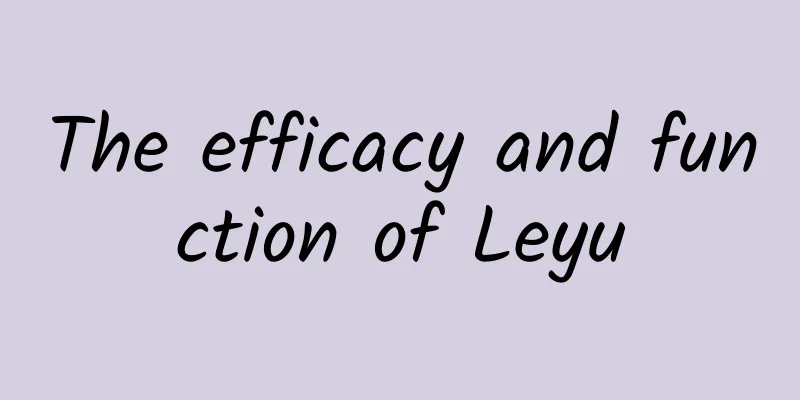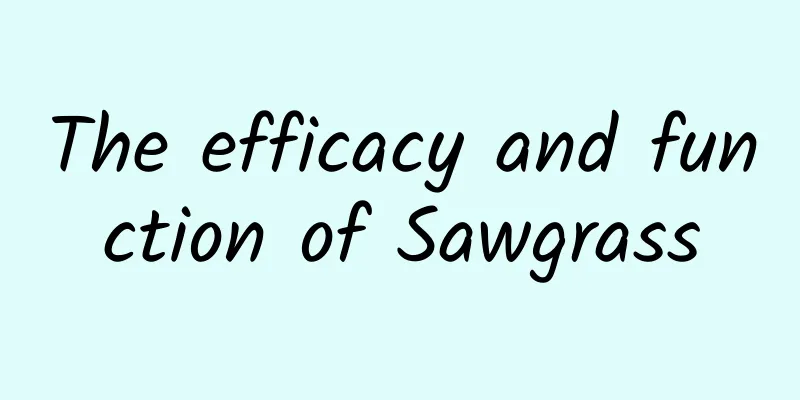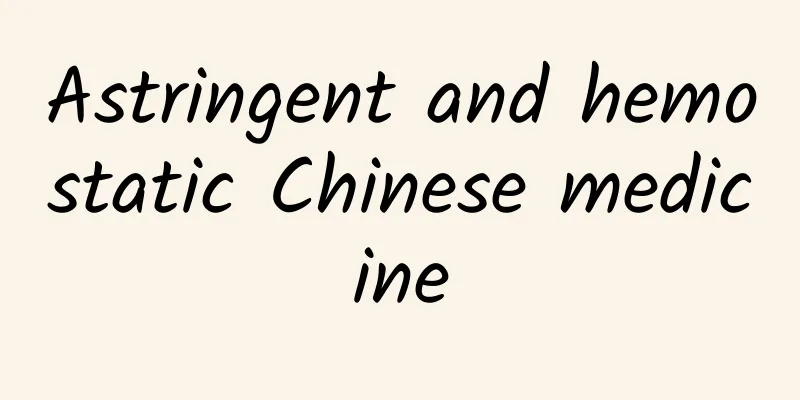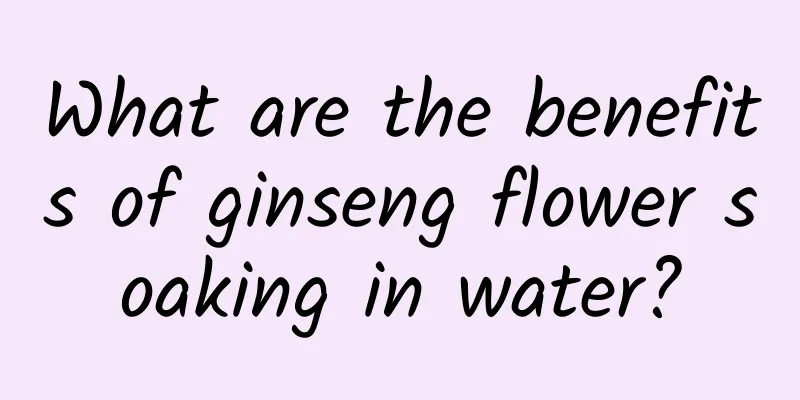The effect of drinking rice flower soaked in water
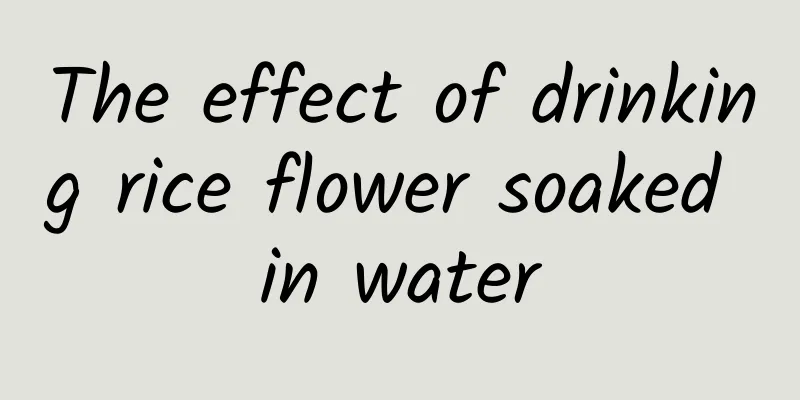
|
Buddleja buddleja is also known as small brocade flower, Menghua, chicken bone flower, etc. The dried flowers or flower buds of the green plant Buddleja buddleja of the Loganaceae family are used as medicine. The main production areas are Sichuan, Hubei, Hunan, Yunnan, Guangxi and other provinces. According to traditional Chinese medicine, Poria cocos has sweet and cool effects, and has the effects of dispelling wind, dispersing blood, moisturizing the liver and improving eyesight. What are the benefits of drinking rice flower soaked in water? 1. Honeysuckle, the "rice flower" that dyes glutinous rice orange There is also a widely circulated legend about the custom of the Dai people in Xishuangbanna, Yunnan, who like to use honeysuckle flowers to make light yellow "Haoleng". A long time ago, there was a two-meter-tall honeysuckle tree growing in a family's yard. This balcony. Wash rice and dishes on one side. On a certain day when the honeysuckle flowers were in bloom, she placed a flowerpot filled with soaked glutinous rice on the balcony under the tree. In the evening, there was a strong wind, and many branches and petals of the honeysuckle were blown down by the wind. One honeysuckle flower happened to fall into the flowerpot. The next morning, when the owner was washing rice, he picked out the branches in the basin, but there were still many honeysuckle flowers left in the rice. She steamed the rice in a wooden steamer. After the white rice is cooked, it gives off a unique aroma. When the owner opened the lid of the wooden steamer, he was shocked to find that the ordinary rice had turned into yellow rice, and the taste was much more fragrant than usual. The whole family was delighted and after eating, they all praised the meal. From then on, the family used honeysuckle to soak rice and cook glutinous rice cakes. After the story spread from one person to ten, and then from ten to a hundred, the locals all knew that honeysuckle flowers could be used as a dye for glutinous rice cakes. Dyed rice flowers are also used by Dai children to represent their steadfast love. Dyeing yellow glutinous rice cake with Buddleja buddleja is very simple: just put a bunch of collected Buddleja buddleja into water and soak it together with rice. The steamed rice will naturally turn orange and have a unique aroma. This kind of glutinous rice cake is more delicious. Because the golden "haoleng" is the same color as the robes worn by monks in Buddhist temples, the Dai people and other ethnic minorities use it to dye glutinous rice cakes orange and yellow to worship their ancestors during the Qingming Festival, to show their respect and nostalgia for their ancestors. The Yi people and other ethnic minorities mostly use it to dye glutinous rice cakes. The dyed glutinous rice cakes are golden in color, crystal clear and fragrant, so they are called dyed rice flowers. During the Qingming Festival, it is customary to dye glutinous rice cakes to worship ancestors! Or make rice dumplings during the Dragon Boat Festival to express your longing for your family! It is also a symbol of Dai children's expression of their unwavering love. 2. The effect of drinking Buddleja buddha flower in water Nourish the liver and improve eyesight. Drinking Buddleja flower soaked in water, in addition to targeting the liver, also has a very good health-care effect on the eyes. In daily life, if your eyes are red or tearful, it is recommended that you boil the Buddleja flower, wolfberry and chrysanthemum together. The effect of taking it is very good. It can clear away blood, cool blood and detoxify. It can also clear away wind and is especially effective for those patients with liver yin deficiency, as well as severe cases caused by wind-cold and wind-heat. If you experience dizziness or eye swelling, you can scientifically combine buddlejac with chrysanthemum and mulberry leaves, which can have a very good health-care effect. Relieve spasm. If the body has muscle spasms in daily life, you can drink Buddleja buddleja tea. This kind of Chinese medicinal material has a certain effect of relieving spasm. There are many factors that cause muscle spasms in daily life, especially acetylcholine, barium chloride and nitrosamines, which can easily cause muscle spasms. The use of buddleja flower can have a certain therapeutic effect, and it also has the effect of promoting bile secretion. Anti-infection: scientists have discovered through experiments that after Buddleja monnieri enters the body of mice, it will stimulate the permeability of the skin and abdominal capillaries. It also has a certain inhibitory effect on some edema caused by indoor formaldehyde. The luteolin, flavonoids, polysaccharides such as acacia contained in Buddleja have very obvious anti-infection effects. Therefore, if you want to inhibit or prevent inflammation in your daily life, you can use Buddleja. |
>>: The efficacy and function of horse bean grass
Recommend
What is the shape of Pueraria lobata
Many plants have many uses for people and are peo...
The efficacy and function of Rhubarb[Picture]
Rhubarb [Picture] is a very common Chinese medici...
The efficacy and function of Brassica
We can often see Brassica rapa in our daily life,...
The efficacy and function of fresh bamboo sap oral liquid
Fresh bamboo sap puree and oil are a common thera...
Their dorsal aorta and esophagus actually "drift"?
Produced by: Science Popularization China Author:...
Human-shaped Polygonum multiflorum
Polygonum multiflorum is a perennial vine plant b...
Why do octopuses spray (throw) things at each other?
Octopuses in Australia throw gravel at each other...
What soup is best for Cordyceps
We all know that Cordyceps sinensis is a precious...
There are many risks behind "exotic pets" such as macaques and white foxes. Have you raised any?
China Science Popularization Network (Reporter Hu...
The efficacy and function of Ligen
Li root is rich in nutritional value and high in ...
The smallest cat in the world cannot escape the fate of inbreeding | Nature Trumpet
Welcome to the 51st issue of the Nature Trumpet c...
What is the best way to dry dandelions?
Dandelion is a plant that grows in fields and mou...
What new challenges can machine learning bring to 5G communication technology?
Wireless communication now plays an important rol...
First discovered by Huygens in 1665, now a higher-order network synchronization has been discovered
A study led by Queen Mary University of London ha...
It can build a nest with just a few branches. Is there any bird that is better at making things messy than this one?
There is a magical forum in Baidu Tieba - Bird Fo...

